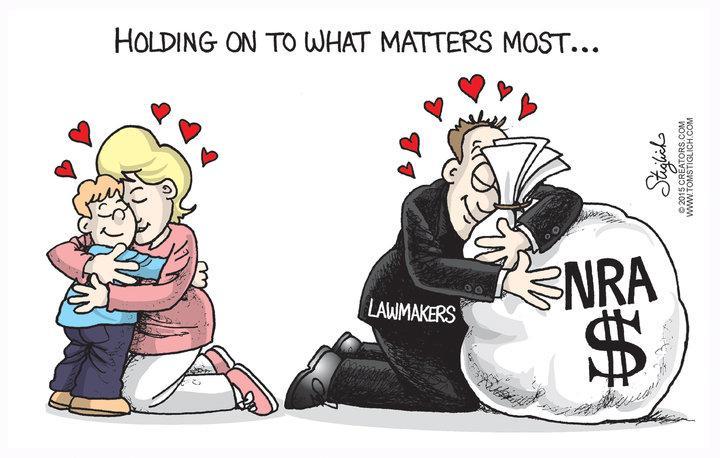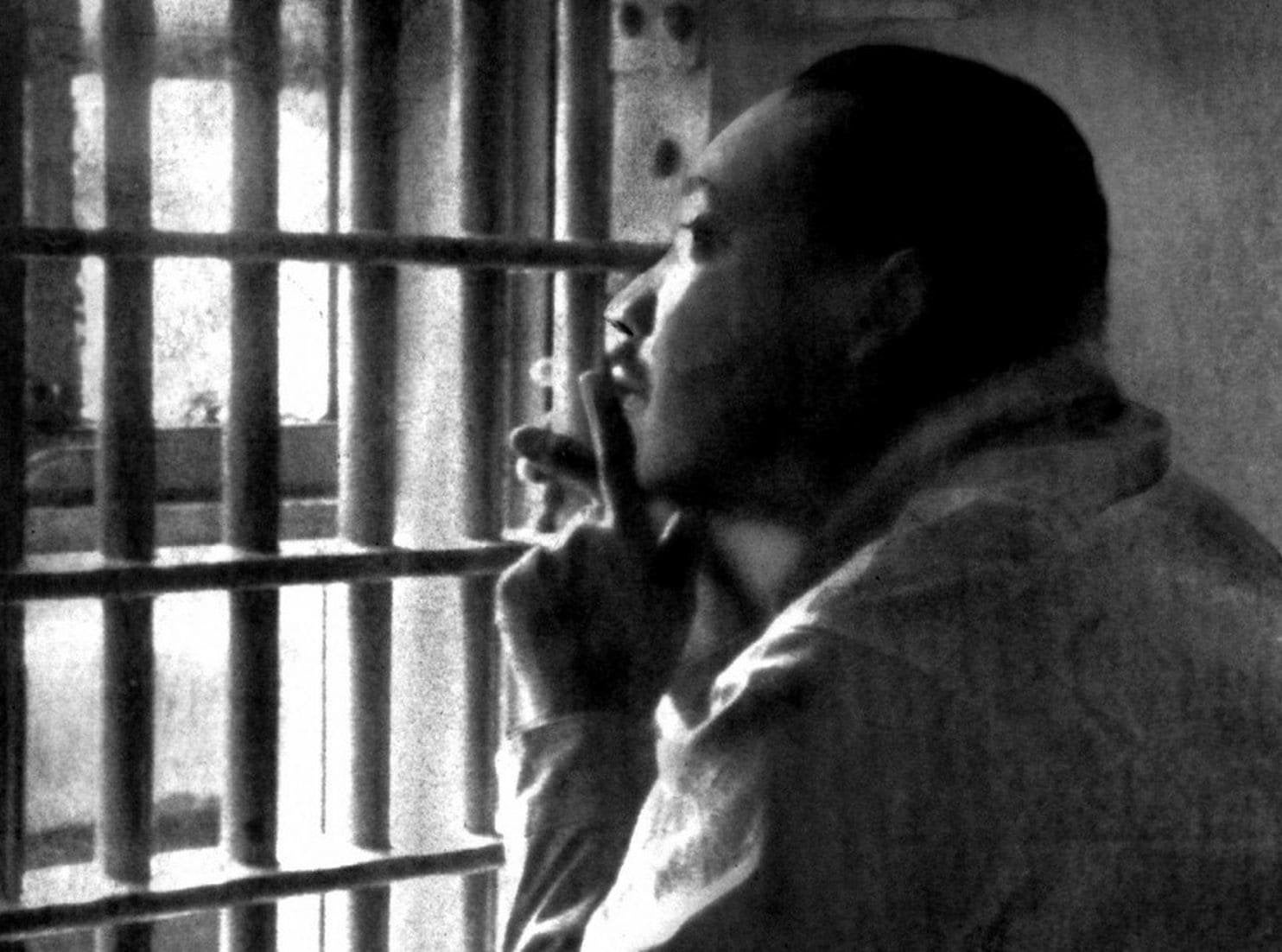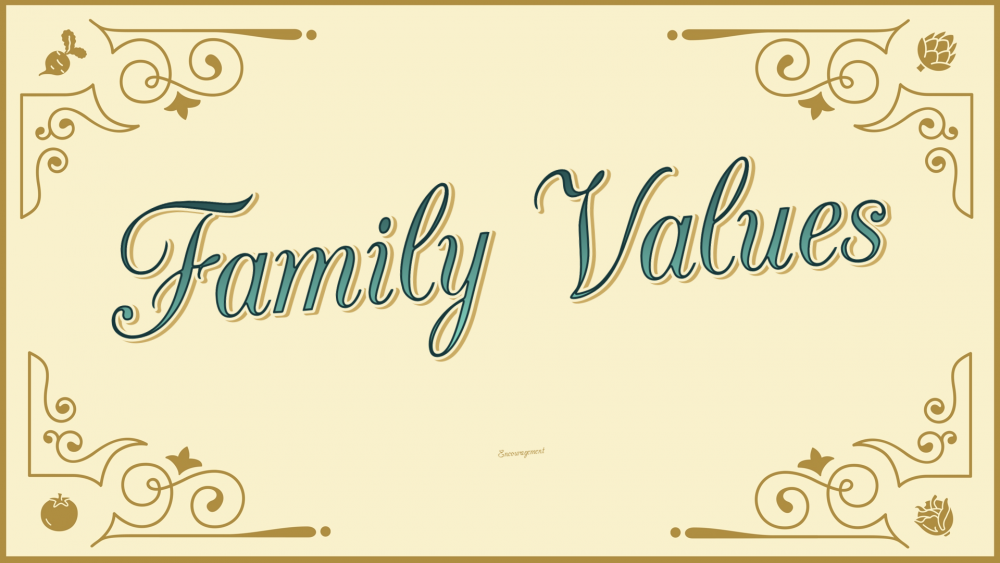By: Steve Barasch
The Center for the American Child, a division of the America First Policy Institute (AFPI), focuses on advocating for children’s rights, family policies, and education from a conservative, Christian-right perspective. Led by Kellyanne Conway, a former senior advisor to Donald Trump, the Center emphasizes empowering parents, minimizing federal oversight in education, promoting traditional family values, and integrating religious rights into publicly funded education. While these policies are presented as empowering parents and protecting children, they have sparked significant criticism for prioritizing Christian values and failing to consider the diverse religious and secular beliefs of a pluralistic society.
The link to Project 2025 is quite relevant, as it is a key part of the broader agenda promoted by many conservative organizations, including the America First Policy Institute (AFPI), which seeks to reshape government policy in line with conservative principles.
Key Policies and Focus Areas
- Parental Rights and School Choice:
- The Center advocates for expanding school choice, giving parents the option to select educational settings—public, private, charter, or homeschooling—that align with their values. This policy aims to introduce competition among schools, theoretically raising education standards. However, critics argue this approach risks diverting necessary funds from public schools, potentially harming the quality of education for children who remain in the public system and exacerbating educational inequalities, especially for low-income and disadvantaged families.
- Reduction of Federal Oversight in Education:
- The Center supports limiting the federal government’s role in education if not eliminating it entirely, arguing that decisions about children’s education should be made locally by parents and communities rather than by federal authorities. This includes opposing federal mandates perceived as infringing on parental rights and local control. While this aligns with a broader conservative view that decentralization leads to more tailored and effective education policies, critics contend it would lead to a lack of standardized education quality and access, disproportionately affecting marginalized communities.
- Promotion of Traditional Family Values:
- The Center emphasizes the importance of “traditional family values” in shaping children’s upbringing and education. This includes promoting curricula that reflect conservative Christian values and ensuring parents have significant influence over what their children learn in school. This stance is reflected in policies that aim to limit discussions on topics such as sexuality, gender identity, and critical race theory. Critics argue that this approach not only undermines comprehensive education but also marginalizes non-Christian and secular perspectives.
- Advocacy for Religious Rights in Education:
- A cornerstone of the Center’s agenda is advocating for greater religious rights in educational settings, including public schools. The Center supports policies that allow for religious expression, prayer, and access to religious materials in schools and defends the rights of religious organizations to participate in public education without facing discrimination. This advocacy often aligns with Christian conservative values and overlooks the principle of the separation of church and state. Critics argue that it fails to accommodate minority religions and non-religious viewpoints, creating environments where Christian norms are favored, and other beliefs are marginalized.
- Protection of Children’s Mental and Physical Health:
- The Center also focuses on protecting children’s mental and physical health, advocating for policies that shield children from certain types of online content and promote more parental control over their children’s digital lives. While this is framed as a protective measure, there is concern that these policies could also be used to restrict access to information that contradicts specific ideological or religious views, further limiting exposure to diverse perspectives.
Supporters and Their Agendas
The Center for the American Child has garnered support from a range of conservative, libertarian, and religious organizations that align with its emphasis on parental rights, school choice, reduced federal oversight, and traditional family values. Key supporters include:
- Heritage Foundation: Advocates for school choice, parental rights in education, and minimizing federal control.
- Family Research Council (FRC): Supports policies promoting traditional family values and religious freedom in schools.
- American Federation for Children (AFC): Led by Betsy DeVos, this organization is a major proponent of school choice and reducing federal involvement.
- Alliance Defending Freedom (ADF): Promotes religious freedoms and parental rights in education.
- Cato Institute, Eagle Forum, American Principles Project (APP), Concerned Women for America (CWA), and others advocate for similar policies, all sharing a focus on promoting parental rights, decentralizing education control, and embedding Christian values into policymaking.
Criticism and Controversies
- Prioritization of Christian Values and Exclusion of Minority Religions:
- The Center’s agenda is driven largely by Christian conservative values, often at the expense of accommodating the diverse religious and non-religious beliefs in American society. Policies that favor Christian religious expression in publicly funded education settings, such as school prayer and religious curricula, can marginalize minority religions (such as Judaism, Islam, Hinduism, etc.) and secular communities. This focus raises concerns about the lack of a neutral, inclusive approach that upholds the separation of church and state.
- Potential to Undermine Public Education:
- Critics argue that emphasizing school choice and reducing federal oversight could undermine public education by diverting funds and resources away from public schools, which serve the majority of American children. This could exacerbate inequalities and reduce the quality of education for children from low-income and disadvantaged backgrounds.
- Ideologically Driven Policies:
- There are concerns that the Center’s push for traditional family values and parental control over curricula could lead to the exclusion of scientific, historical, and social perspectives that do not align with specific ideological or religious views. This could limit comprehensive education and exposure to diverse viewpoints, effectively shaping educational content to reflect only conservative Christian ideologies.
- Associations with Extremist Elements:
- Some associated groups, such as Moms for Liberty, have faced accusations of promoting extremist views or being linked to far-right groups like the Proud Boys or Oath Keepers. Critics argue that such associations indicate a broader network of far-right support, raising concerns about the potential for radicalization or the normalization of extremist views within mainstream conservative activism.
- Endorsements from Controversial Figures:
- Individuals known for their far right or controversial views, such as Steve Bannon, Michael Flynn, Marjorie Taylor Greene, Tucker Carlson, and others, have endorsed or supported groups like Moms for Liberty and the broader agenda of the Center for the American Child. These endorsements have helped amplify the Center’s message among conservative audiences but have also blurred the line between mainstream conservative advocacy and more radical activism.
Conclusion
The Center for the American Child at the America First Policy Institute advocates for policies centered on parental rights, school choice, reducing federal involvement in education, and promoting traditional Christian family values. It is a mirror of Project 2025. While these policies resonate with conservative and libertarian organizations, they have sparked significant concerns about undermining public education, marginalizing minority religions, and promoting a narrow ideological agenda that conflicts with the principles of religious neutrality and inclusivity. The criticism surrounding these policies and their associations with far-right groups reflects a polarized debate about the direction of education and religious freedom in America today.

Also See
Trump’s Real Transition Team (Part 1)
Trump’s Real Transition Team (Part 3): In the Shadows
Trump’s Real Transition Team (Part 4): Media Silence
MAGA’s Political and Religious Nostalgia
Sources for the Report:
- Center for the American Child and America First Policy Institute (AFPI) Policies:
- America First Policy Institute’s official website: America First Policy Institute
- Center for the American Child’s overview and policy positions on parental rights, school choice, and traditional family values can be found on their website.
- Heritage Foundation:
- Information on Heritage Foundation’s stance on school choice and parental rights: Heritage Foundation – Education
- Family Research Council (FRC):
- Family Research Council’s perspectives on parental rights in education and traditional family values: Family Research Council
- American Federation for Children (AFC):
- Policies promoted by AFC, led by Betsy DeVos, on school choice: American Federation for Children
- Parents Defending Education (PDE):
- Coverage of PDE’s efforts on parental rights and education policy transparency: Parents Defending Education
- Alliance Defending Freedom (ADF):
- ADF’s legal advocacy for religious freedoms in schools: Alliance Defending Freedom
- Cato Institute:
- Cato Institute’s advocacy for school choice and limited government intervention: Cato Institute – Education
- Criticism of Policies and Impact on Minority Religions:
- Southern Poverty Law Center (SPLC) report on extremism and the challenges to minority religions: Southern Poverty Law Center
- American Civil Liberties Union (ACLU) position on religious freedom and separation of church and state in education: ACLU – Religious Liberty
- Moms for Liberty and Criticisms:
- Coverage of Moms for Liberty’s activities, endorsements, and controversies by major media:
- Articles and reports discussing accusations of extremism and associations with far-right groups.
- Endorsements from Far-Right Figures:
- Coverage of endorsements by Steve Bannon, Michael Flynn, Marjorie Taylor Greene, and others:
- Concerns About Educational Equity and Public School Funding:
- Analysis of the potential impact of school choice on public school funding and equity:
- Education Week
- The Brookings Institution – Education
- The National Education Policy Center (NEPC)
- General Critiques from Civil Liberties and Educational Watchdog Groups:
- Reports and critiques from the Anti-Defamation League (ADL) on policies affecting religious minorities: Anti-Defamation League
- Council on American-Islamic Relations (CAIR) positions on religious freedom in education: Council on American-Islamic Relations
Note:
These links provide a solid foundation for understanding the different perspectives and analyses related to the report’s content. To access specific articles, reports, and detailed analyses, you may need to search within these sites using relevant keywords (e.g., “Center for the American Child,” “school choice,” “Moms for Liberty,” “separation of church and state in education”).







